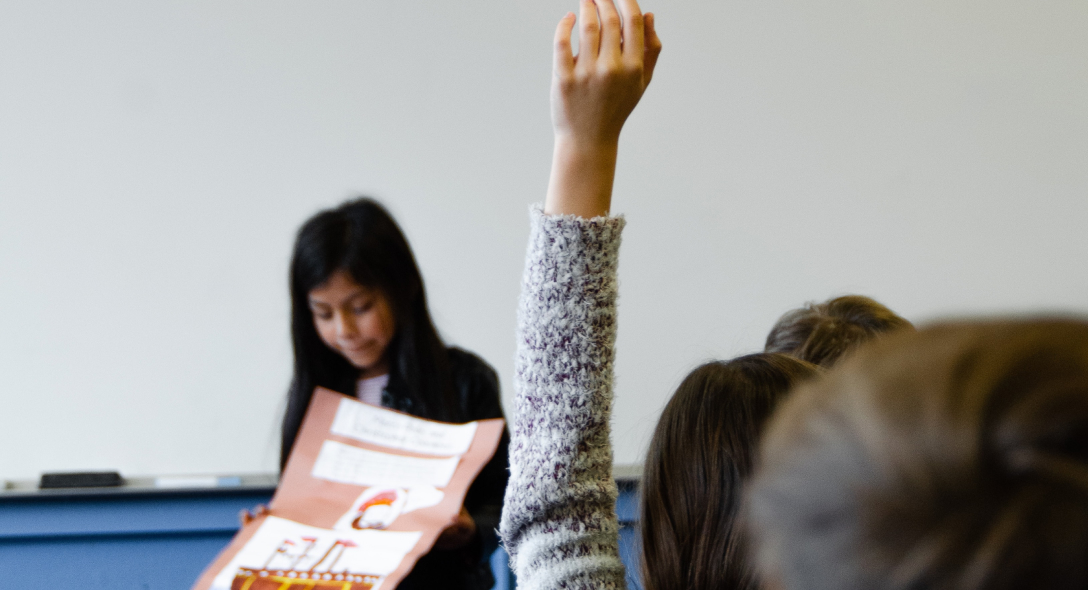Repetition begets boredom! Like in other fields, a majority of the teaching professionals are succumbing to the epidemic of classroom boredom, and more often than not, complain, procrastinate and dread grading mark sheets. In this huge education spectrum of students, staff, and administrators, grading often overloads their already-full schedule.
'Schooling' must be distinguished from 'learning': While schooling happens within structured learning environments contained within a fixed time and place, learning occurs in a continual fashion, regardless of time and place. With the existence of mobile technologies, for instance, it has even become more apparent that learning can occur well outside the bounds of traditional, brick-and-mortar educational institutions (Woolf et al., 2013), extracted from UNESCO's report on Artificial Intelligence in Education.
Technology in education is oft-spoken but how far is it adopted? While transforming from pen and paper approach to automation, there are many fears in the minds of academicians, the top being: Is security ensured? How far do the students have access to technology and can be automated? Is a fair grading system possible with an AI-powered bot? How effective and accurate is the grading and feedback to the students? Is AI a luxury?
Let's answer all your questions. P.S.: There is a secret to the effective implementation of RPA. Are you curious? Approach the Skcript team!!
Automatic easy scoring
There is a rapid change in learning and evaluation patterns around the world. With the inclusion of machine-learning algorithms, thousands of essays, home works, quizzes and tests, papers, and projects can be graded with a click of a button. By the application of machine learning, in combination with natural language processing (NLP) and Crowdsourcing, grading short answers, coding exercises, and vocabulary, and answers to 5 W's and 1 H (who, what, when, where, why, and how) are generated.
Student-centric feedback
RPA also extracts students' grades from the database, enters it into relevant forms, and sends reports to parents. Individual student progress and tailor-made student-centric feedback are enabled through a chatbot. A spaced internal learning that reminds the students of forgotten information and guides them through a ladder of proficiency ladder is acquired.
With the use of AI and RPA by teachers, there is an increase in the quality of the students' work, and time is saved resulting in the lesser possibility of burnout, leading towards superior learning! Furthermore, with RPA, save cost, increase compliance, manage better, increase customer satisfaction in most sectors, and simplify life for you and those around.
